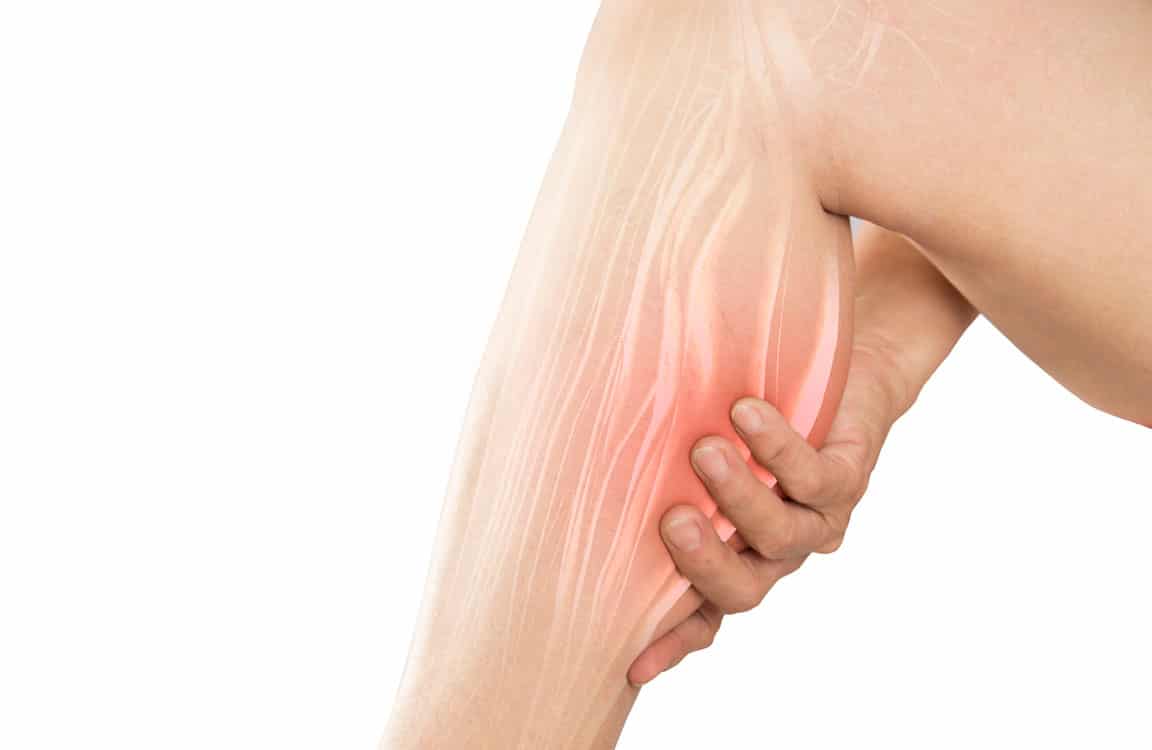Causes and risk factors
Muscle cramps are mostly seen in muscles of the calves, soles, feet or any other muscle. Night or at times during resting is the common time of aggravation. Extreme physical activity, Dehydration and electrolyte deficiency is the most common cause of skeletal muscle cramps. Cramps are also caused due to exposure to extreme temperatures and hyper flexion. In pregnancy skeletal muscle cramps are commonly seen. Kidney and thyroid diseases, multiple sclerosis, restless leg syndrome and varicose veins can cause cramps. Diseases related to the female genital organs like endometriosis and the monthly menstrual cycles can cause smooth muscle cramps. Certain abdominal infections like diarrheal diseases, amoebic dysentery can present with abdominal cramps. Certain medications containing can also cause muscle cramps as side effects. Inadequate blood supply and nerve compression can also cause muscle cramps.
Clinical presentation:
A patient complaining of muscle cramp may complain of severe contractions or pulling sensation in the affected part especially in the calf muscles. It is often associated with short excoriating pain resulting into ‘sudden catch’ or temporary immobility. It causes discomfort and weakness which is temporary in nature. Generally muscle cramps are of short duration and self limiting. Sportsman, athletes more commonly present with muscle cramps of calves, and thigh muscles
Investigations:
It is generalized diagnosed by the patient themselves and can be confirmed by the doctor as per the symptoms narrated by the patient.
In cases to find out the underlying cause the following investigations can be done routine blood test or urine routine, electrolytes levels can be assessed. In cases for smooth muscle cramps especially during menstruation a pelvic ultrasonography can be done.
Treatment:
Adequate nutrition and hydration is the essential step to be implemented. Immediate Stretching and manipulation are effective during episode of muscle cramps. Certain medications like pain relievers and muscle relaxants can be advised by the doctor. Treatment of the underlying cause needs to be done. Preventive measures include proper hydration, posture and adequate precaution during sport activity. Role of Vitamin B complex and calcium supplements needs further scientific studies for their specific aid in reducing muscle cramps.
Recent updates:
Researchers have shown that pickle juice can be of use in reducing the cramps due to its high sodium content probably helping in maintenance electrolyte balance






























